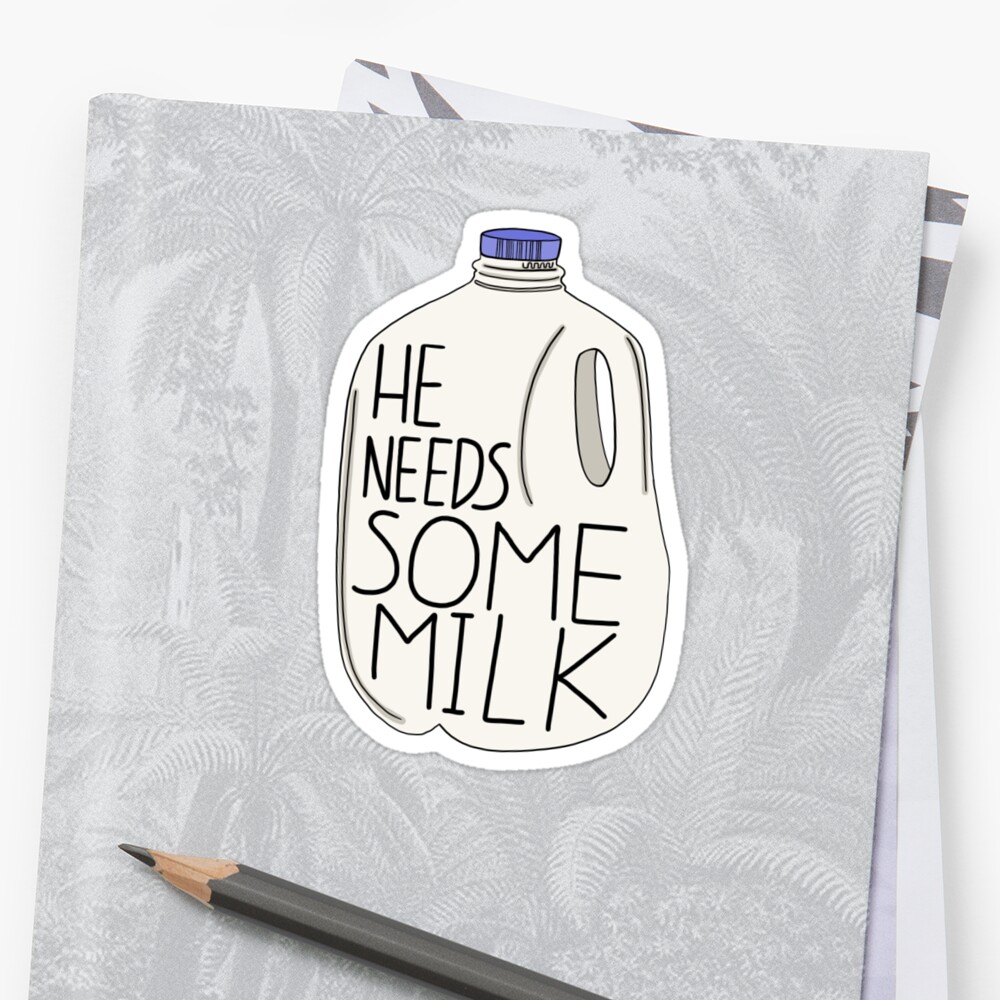
I should toss it out.ĮMILY BROAD LEIB: Eighty-six percent of consumers report that they either always or usually throw food away based on the date.īROAD LEIB: Eighty-six percent - that's, like, the entire country. And even after we bring food home, when we see one of these dates, enjoy-by, eat-by, on our dried pasta, our orange juice, tortillas, we go, oh, it's no longer good. And it has led to a lot of unnecessary food waste, not just because grocery stores can't sell, in this case, milk after it hits its sell-by date, but even us as consumers, we rummage in the bag for the freshest food date, and we leave a bunch of good milk on the shelf that no one ever buys. GONZALEZ: So if you look closely, it actually says sell by.ĪDDINGTON: So how much longer is it good?įood dates confuse consumers. GONZALEZ: This is Lindsay Addington (ph) looking at milk dates in Montana.ĪDDINGTON: I don't use it after that date.ĪDDINGTON: Because that's the expiration date (laughter). The date on the milk, what does that mean to you?ĪDDINGTON: That means it's no longer fresh after that date.

GONZALEZ: Today on the show, where these dates come from and how they've kind of been hijacked, also the one simple rule that will make you rethink these dates forever. (SOUNDBITE OF ADELE ROBERTS' "SHOW ME THE WAY") Most food doesn't have to have a date on it. Sell by, best by, harvested on, born on, bottled on - all the dates printed on all our food, we may be taking them more seriously than we should. GONZALEZ: Hello, and welcome to PLANET MONEY. This is not like you're, like, choosing to do this, right? GONZALEZ: Like, you're not allowed to sell. GONZALEZ: Oh, like, does it hurt you, like, a little bit?

THOMPSON: You just - that looks - I mean, it's fine. In Montana, a sell-by date is a throw-away-by date or a pour-down-the-drain date. GONZALEZ: It's not expired milk, not even close, but it doesn't matter. And what are you doing? You're going to open it for me? Oh, thank you. I'm just going to pull it out of the garbage here. They could stay on the shelf, have a chance of being purchased for nine whole more days. And if these exact milk cartons, the same brand and everything, were being sold in Idaho just next door, they would not have to be thrown in the garbage. GONZALEZ: Just the whole, full, unopened carton, straight in the garbage. THOMPSON: We just throw them right in the garbage can. GONZALEZ: It smells like cantaloupe back here. UNIDENTIFIED EMPLOYEE: Refund on two, please, refund on two. And he walks to the back where the mops and the trash cans are. GONZALEZ: Cory grabs all the cartons with today's date except one. Can you just check on those - 6/28, 7/04. GONZALEZ: Cory's checking to see if any of his milk has reached its sell-by date. The modern industry standard for milk, according to food date experts and even Montana, is 21 to 24 days after pasteurization. In Montana, milk has to be sold within 12 days of it being pasteurized. Milk in Montana, the state has determined, should be the freshest milk in the whole country so fresh that the state forces stores to throw good milk in the shrink pile, like, actually take it off their shelves a lot earlier than they need to, a lot earlier than other states. Now, if you look at the date printed on any product in any state, you can find a weird backstory. GONZALEZ: Water - apparently only good for two years. And I can see, like, maybe the plastic in bottles breaking down or something at some point, but. THOMPSON: Because even water has an expiration date. And sometimes, throwing out food makes sense, like with bad gray meat, but sometimes it really doesn't. At any store, there is always an expected amount of shrink, especially because everything in a grocery store has some sort of date on it that causes food to get thrown out. It's just thrown in the trash or people steal it. It's the amount of food that comes in the door that doesn't get sold. GONZALEZ: This is what's called shrink in the grocery world. But yeah, some of it just goes in the garbage.

THOMPSON: Sometimes, if we catch it soon enough, we can mark it down a little bit, try to sell it. For Cory, trying to fight the meat color clock is one of the most painful parts of being a store owner. Then 16 years later, he bought the store, called it Cory's Valley Market. He started working as a box boy when he was in high school. THOMPSON: And there's not much you can do with that. GONZALEZ: Yeah, the meat color, you know, when the meat starts to turn a little gray. GONZALEZ: And that's, like, because there's expiration dates on red meat and. In the grocery world, there are certain store items that are always tricky to sell before it's too late.ĬORY THOMPSON: I have probably the red meat. SYLVIE DOUGLIS, BYLINE: This is PLANET MONEY from NPR.


 0 kommentar(er)
0 kommentar(er)
